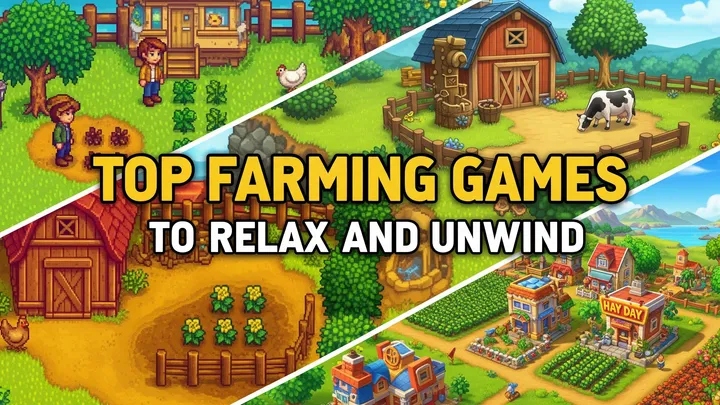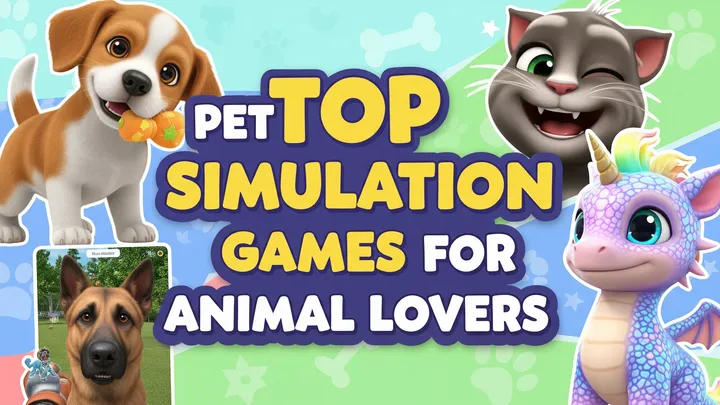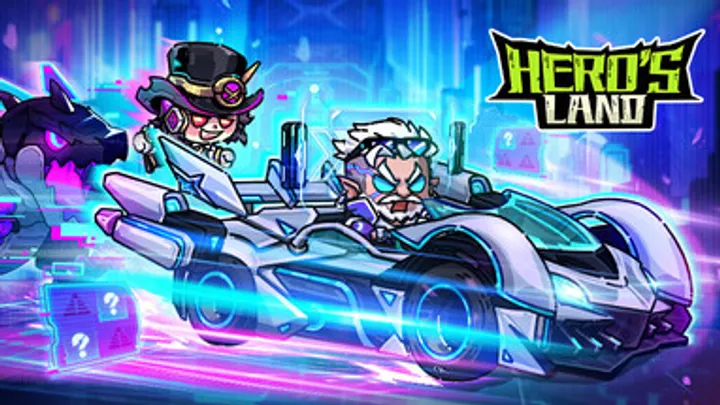In the rapidly evolving landscape of artificial intelligence, conversational models have become essential for businesses and users alike. While ChatGPT by OpenAI has set high standards, numerous alternatives have emerged, each offering unique features and capabilities. This article explores the top 10 ChatGPT alternatives that have made a significant impact in 2025.
1. Google's Meena
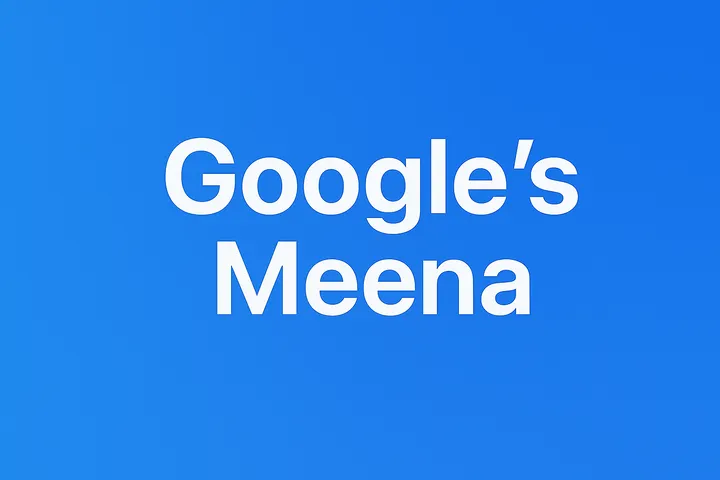
Overview
Google's Meena is a robust conversational AI model designed to handle multiturn dialogues with impressive comprehension and context awareness. With 2.6 billion parameters, Meena excels in maintaining coherent and contextually relevant conversations.
Features
- Multiturn Dialogue: Handles complex interactions across multiple turns seamlessly.
- SSA Metric: Utilizes the Sensibleness and Specificity Average metric to ensure coherent responses.
- Versatility: Useful in customer service and personal assistant applications.
Use Cases
Meena's ability to understand context makes it ideal for businesses looking to automate customer service interactions effectively.
2. XiaoIce
Overview
Developed by Microsoft, XiaoIce is primarily popular in China as a social chatbot that focuses on building emotional connections with users.
Features
- Empathetic Responses: Engages users with emotional intelligence, creating lifelike conversations.
- Social Interaction: Handles millions of conversations daily, focusing on relationship building.
Use Cases
Brands looking to enhance customer relationships can leverage XiaoIce’s empathetic capabilities for a friendly AI presence.
3. Kuki by Pandorabots
Overview
Kuki, formerly known as Mitsuku, is an award-winning chatbot recognized for its human-like conversational abilities.
Features
- AIML Technology: Utilizes Artificial Intelligence Markup Language for flexible and engaging interactions.
- Customizable: Offers a vast knowledge base and contextual understanding, appealing to developers.
Use Cases
Kuki is a favorite among developers who want a nuanced AI conversation partner that can be tailored to specific needs.
4. Replika
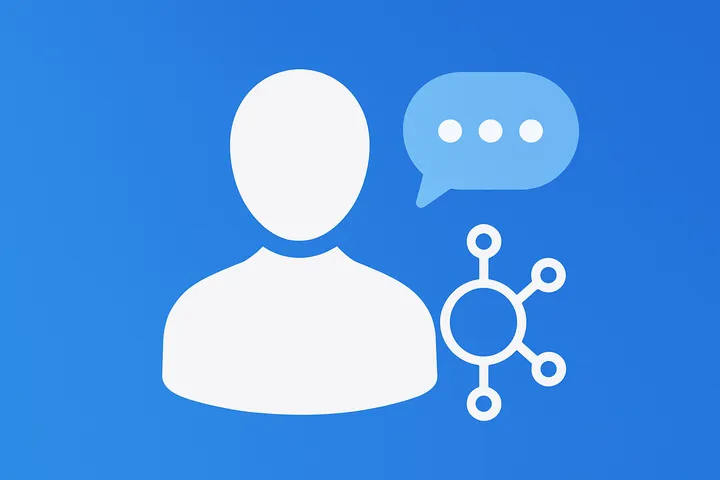
Overview
Replika distinguishes itself by providing a highly personalized chatbot experience that evolves with user interactions.
Features
- Adaptability: Learns from conversations to form a unique relationship with users.
- Diverse Topics: Capable of discussing everything from casual topics to deep, meaningful conversations.
Use Cases
Replika is ideal for users seeking a friendly AI companion or businesses wanting to offer personalized user experiences.
5. BERT by Google
Overview
BERT (Bidirectional Encoder Representations from Transformers) by Google is renowned for its understanding of language context.
Features
- Contextual Understanding: Interprets nuances in language, enhancing response relevance.
- SEO Applications: Widely used by content creators and businesses for improving discoverability.
Use Cases
Businesses can utilize BERT for smarter customer interactions, particularly in technical support and content-related tasks.
6. GPT-3.5-driven AI from EleutherAI
Overview
EleutherAI offers open-source alternatives like GPT-Neo and GPT-J, which provide ChatGPT-like capabilities.
Features
- Customization: Developers can modify these models to suit specific applications.
- High-Quality Conversations: Maintains robust conversational abilities for various tasks.
Use Cases
AI researchers and hobbyists often use EleutherAI's models for experimenting with new conversational applications.
7. DialoGPT from Microsoft
Overview
DialoGPT is designed specifically for generating dialogues, built on large datasets of conversational exchanges.
Features
- Human-like Responses: Excels at generating coherent and context-aware responses.
- Long Conversations: Suitable for applications that require sustained dialogues.
Use Cases
Businesses can adopt DialoGPT for comprehensive customer service solutions that require in-depth interaction.
8. Watson Assistant from IBM
Overview
IBM's Watson Assistant is tailored for enterprises, providing a powerful conversational AI platform.
Features
- Integration Tools: Offers tools for conversation design and analysis.
- Complex Query Handling: Understands and responds to sophisticated questions accurately.
Use Cases
Ideal for industries like banking and healthcare, Watson Assistant can manage complex customer interactions effectively.
9. Rasa
Overview
Rasa is an open-source platform focused on developing and deploying conversational AI models.
Features
- Flexibility: Provides developers with tools to build sophisticated chatbots from the ground up.
- Continuous Improvement: Adapts AI models based on real conversation data.
Use Cases
Rasa is perfect for businesses wanting complete control over their conversational AI and customization options.
10. Teneo by Artificial Solutions
Overview
Teneo is designed for enterprise use, emphasizing multilingual support and integration capabilities.
Features
- Multilingual Support: Delivers conversational experiences across various languages.
- Business Integration: Seamlessly fits into existing infrastructures for enhanced customer engagement.
Use Cases
Global companies can utilize Teneo to automate complex dialogues and improve customer interactions across multiple channels.
Conclusion
The alternatives to ChatGPT highlighted here demonstrate the diversity and specialization available in conversational AI in 2025. Each platform offers unique strengths tailored to different applications, whether for personal companionship or enterprise-level engagement. As the field continues to evolve, these innovative solutions showcase the potential of conversational AI to meet the varied demands of users and businesses alike.











